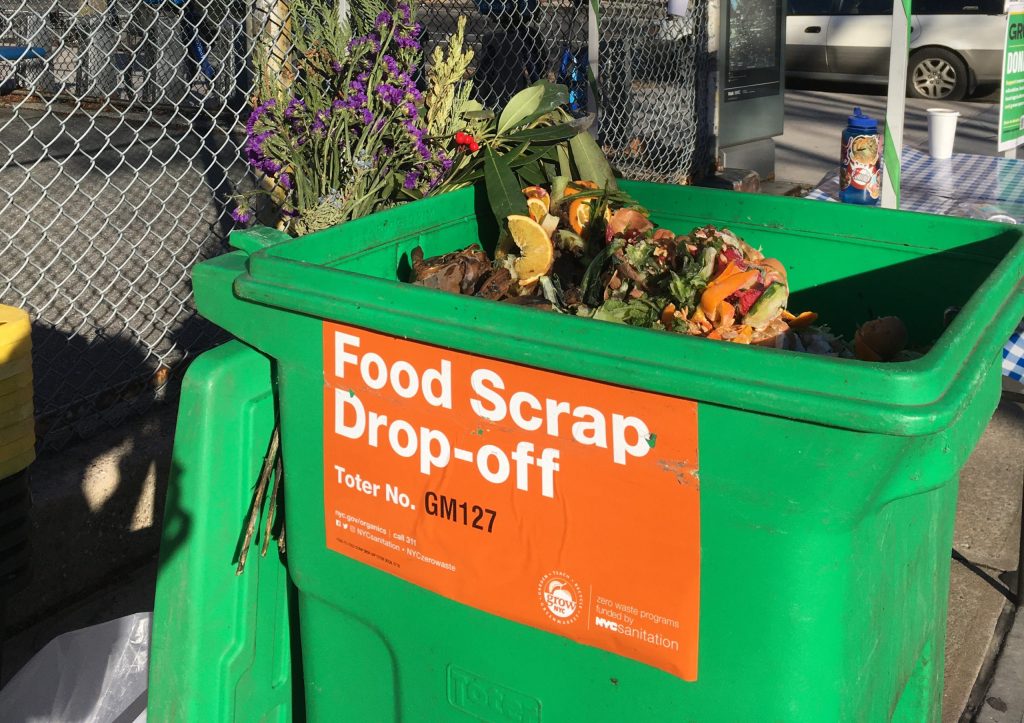 New York City has reinstated over $6 million in funding for its community composting program in the FY25 budget. This action reverses Mayor Eric Adams’ previous cuts and ensures stability through a revised funding mechanism, despite ongoing challenges and concerns over unresolved issues in composting infrastructure and community support.
New York City has reinstated over $6 million in funding for its community composting program in the FY25 budget. This action reverses Mayor Eric Adams’ previous cuts and ensures stability through a revised funding mechanism, despite ongoing challenges and concerns over unresolved issues in composting infrastructure and community support.
By MOHAMED FARGHALY
mfarghaly@queensledger.com
In a significant reversal, New York City has allocated over $6 million to reinstate funding for its community composting program as part of the newly approved fiscal year 2025 budget. This move comes after Mayor Eric Adams initially slashed all funding for the initiative last fall, citing escalating costs and budgetary shortfalls amid increased service demands.
The restoration of funds marks a victory for advocates and city council members who rallied behind the program, emphasizing its environmental benefits and community impact. Under the revised budget, the City Council restructured the funding mechanism to safeguard it against future cuts, shifting control away from the Department of Sanitation to ensure stability.
Among the beneficiaries of the renewed funding are longstanding groups like GrowNYC, along with a broader spectrum of organizations including microhauler Bk Rot and The Brotherhood Sister Sol, which operates a community garden in Manhattan.
“We are never going to slash and burn our way to a green city,” Council Member Shaun Abreu, who chairs the sanitation committee, said in a statement. “Today, we celebrate these wins. Tomorrow, we continue the work toward a cleaner, safer, climate-resilient city.”
The FY25 budget, totaling $112.4 billion, also earmarks $5 million for organic processing infrastructure at the Lower East Side Ecology Center and $25 million for rodent-proof litter baskets and enhanced trash pick-up services across the city. These allocations underscore a commitment to improving sanitation and environmental sustainability amidst ongoing urban challenges.
Despite the funding’s reinstatement, organizations face challenges in ramping up operations after months of uncertainty and reduced services. Christine Datz-Romero, Executive Director of the Lower East Side Ecology Center, highlighted the logistical hurdles of rehiring and retraining staff, underscoring the disruptive impact of abrupt budget cuts.
“It’s really hard for these programs to have this stop and go,” Datz-Romero said. “You have to start this whole process of hiring again and training people.”
Looking ahead, New York City plans to launch curbside organics collection in several boroughs later this year, aimed at further bolstering its composting infrastructure. However, concerns linger over unresolved issues from previous cuts, such as the delayed construction of a composting facility in Canarsie and the imminent eviction of a long-standing composting site in Queens.
During a rally on June 27 aimed at overturning the decision, Justin Green, Executive Director of Big Reuse, disclosed that despite efforts by several council members to persuade Parks leadership, they were unsuccessful in reversing the decision. Green has expressed intentions to explore alternative sites within New York City, acknowledging the challenges posed by limited options.
“We built out a system that Parks should be multiplying,” Green said at the rally Thursday. “When Parks and government agencies won’t listen to elected officials… It is a bad sign for our democratic process and how responsive government operates. They should not operate like that.”
Despite these setbacks, advocates remain optimistic about the program’s future, buoyed by community support and ongoing efforts to expand sustainable practices across the city.


